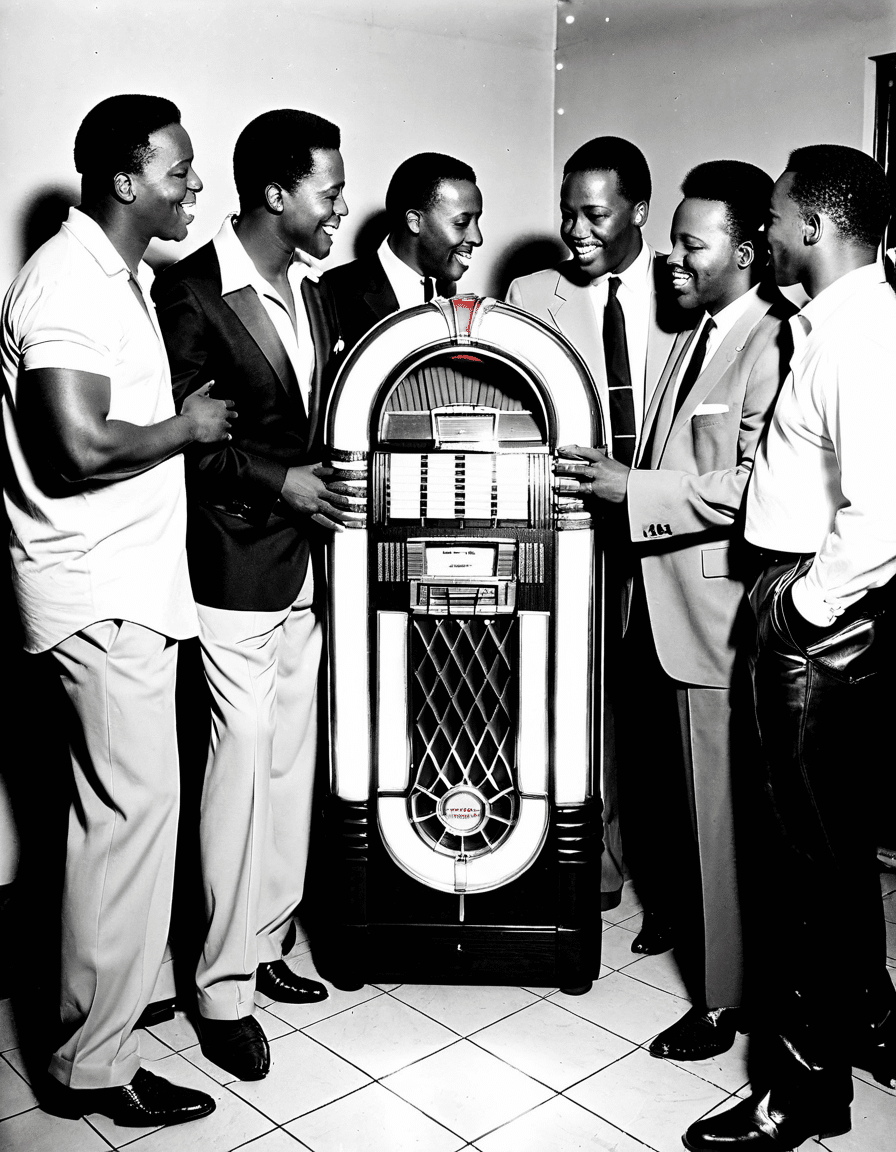The intricate tapestry of soul music resonates deeply within the American cultural landscape, showcasing artists who have redefined music and impacted society in profound ways. These soul men not only shaped musical genres but also inspired movements, ignited conversations, and connected with listeners on raw emotional levels. In essence, they embodied struggles, victories, and the complex journey of life, translating personal experiences into sound. As we examine the rich legacy of these soul men, their powerful contributions, both historical and contemporary, emerge vividly—it’s a salute to artistry that transcends time.
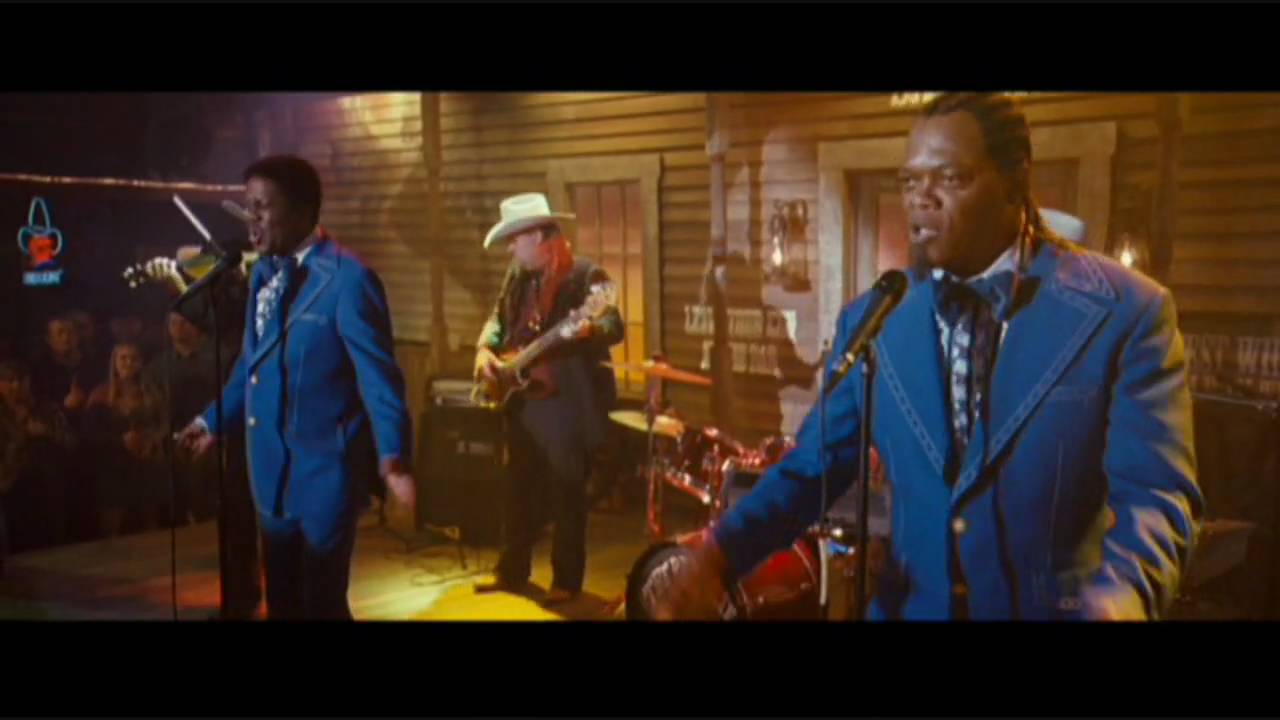
Top 7 Soul Men Who Defined a Generation
Soul music has its roots in the experiences of African Americans, and the soul men who emerged throughout the decades have become cultural icons. Here are seven seminal figures whose legacies continue to inspire:
Known worldwide as the “Godfather of Soul,” James Brown electrified audiences with his unmatched stage presence and innovative musical style. Brown’s rhythms are the backbone for funk and hip-hop, influencing countless artists. Tracks like “I Got You (I Feel Good)” remain staples in popular culture, reminding us of his undying relevance.
With his emotive voice, Otis Redding captivated listeners in the 60s, creating timeless ballads that speak to the heart. His soulful delivery in “Sittin’ On The Dock of the Bay” epitomizes the human experience and showcases how music can touch every soul. His artistry continues to inspire a new generation of musicians, reminding us of the power of vulnerability.
Marvin Gaye brought a unique blend of sensuous romance and social consciousness to soul music. His groundbreaking album “What’s Going On” challenged societal norms by addressing pressing issues like war and environmental crises. Songs like “Mercy Mercy Me (The Ecology)” resonate with listeners today and remind us that music can spark meaningful conversations.
As the “Queen of Soul,” Aretha Franklin shattered barriers as a female artist in a predominantly male industry. Her powerful rendition of “Respect” became a battle cry for feminist and civil rights movements, highlighting music’s potency as a tool for societal transformation. Her legacy is not just musical; it’s a testament to resilience and empowerment.
A musical prodigy, Stevie Wonder has crafted a legacy spanning decades. With hits like “Superstition” and “Signed, Sealed, Delivered I’m Yours,” he showcased his immense talent and deep dedication to social issues. His ability to blend various genres has paved the way for other artists, proving that soul has no boundaries.
Sam Cooke is heralded as one of the pioneer figures in soul music. His smooth vocals and poignant themes, especially in “A Change Is Gonna Come,” make him a relatable voice. This anthem of hope continues to be a beacon for those fighting oppression, illustrating how music can be a reflection of societal change.
From his time with Harold Melvin & the Blue Notes to his illustrious solo career, Teddy Pendergrass dazzled audiences with his sultry voice. Songs like “Turn Off the Lights” demonstrate his ability to convey deep emotion. Pendergrass laid down a blueprint for future R&B artists, emphasizing the connection between love and passion in music.
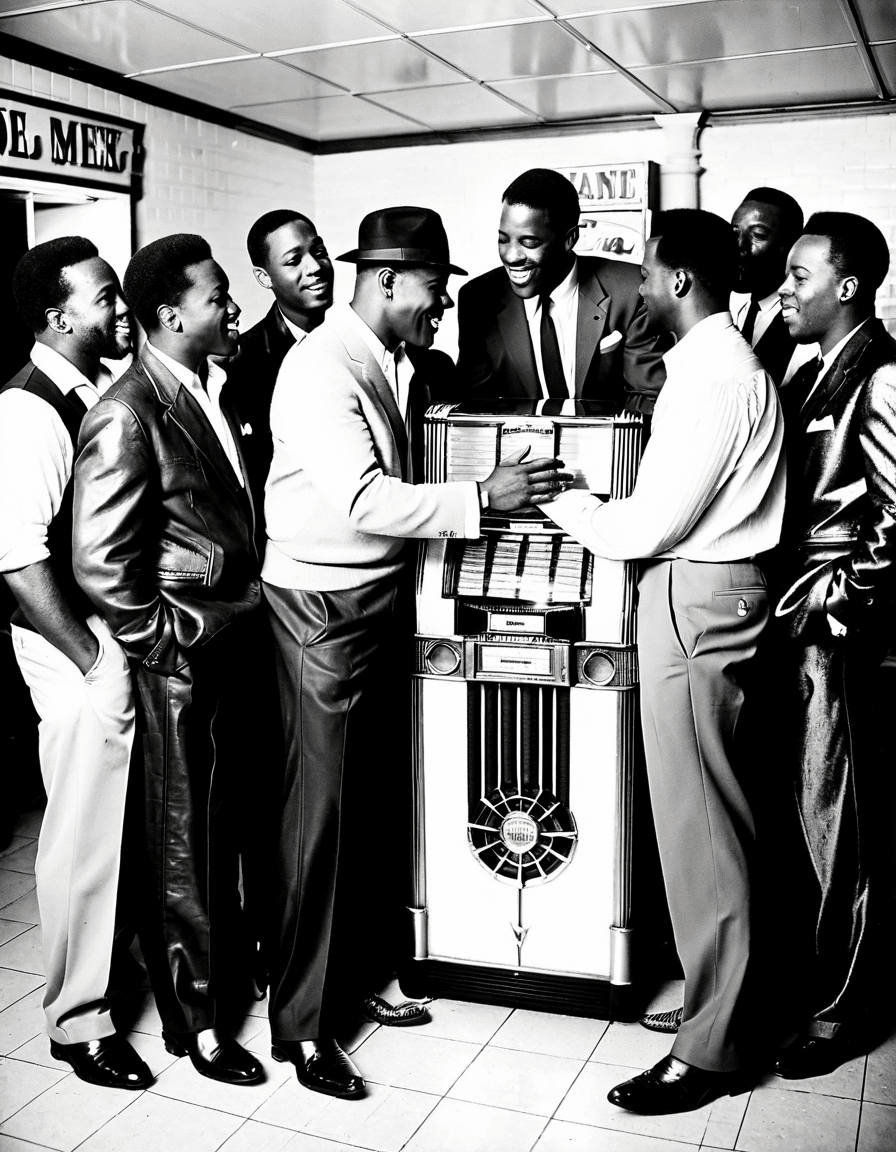
The Diamond in the Body: Soul Men Reflecting Inner Strength
Soul men symbolize more than just entertainment; they reflect authenticity and resilience. Just like a diamond develops strength through pressure, these artists’ struggles often mirrored societal challenges. Their music embraces vulnerability, connecting deeply with fans. Marvin Gaye’s introspective lyrics, for example, explore themes of inner turmoil, presenting a “diamond in the body” notion.
Beyond their art, these performers revealed the power of human emotions—sorrow, joy, love, and hope. Otis Redding captured the magic of the moment, while Aretha Franklin’s fierce declarations embodied the spirit of empowerment. Together, they painted a portrait of resilience and courage that stands the test of time.
By embracing their own struggles, these soul men have created an enduring bond with their audience, reminding us that music can serve as both a refuge and a source of strength. Their journey through life’s challenges resonates with generations, further solidifying their places in musical history.
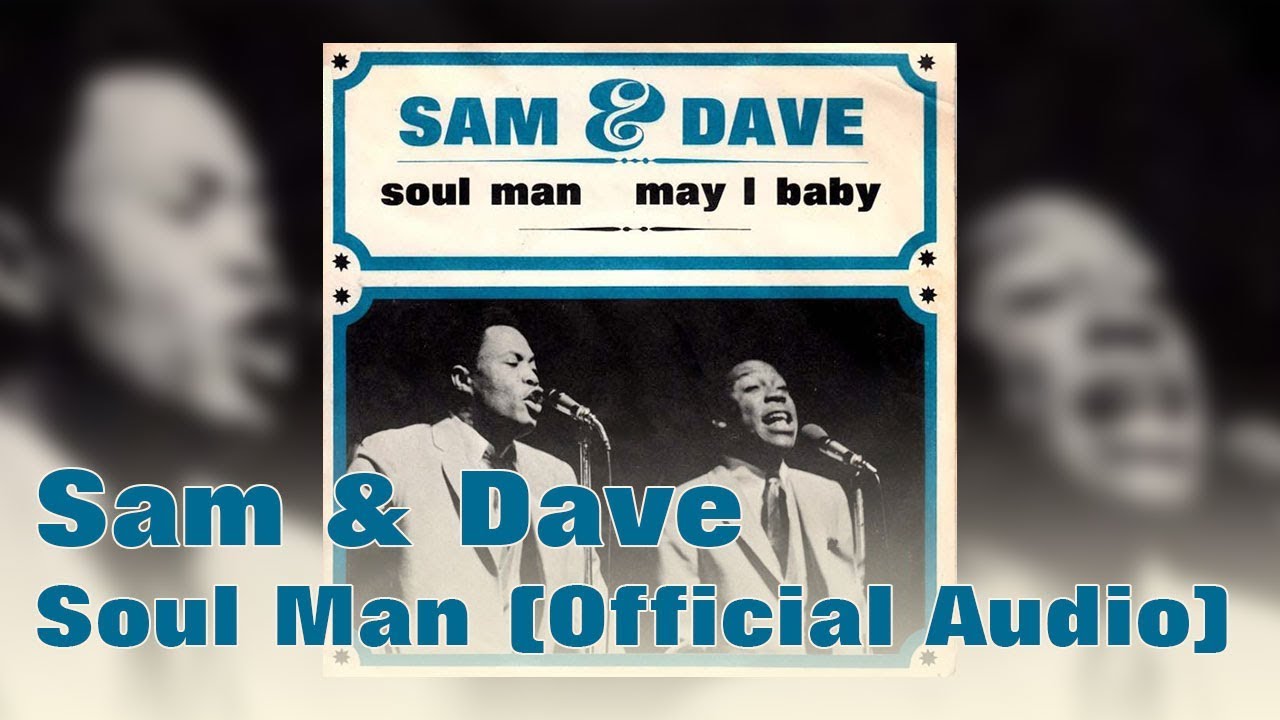
The One Piece Remake of Soul: Visual Storytelling in Soul Music
Just as adaptations like the “One Piece” remake capture storytelling magic, recent biopics and documentaries on soul legends bring their lives to vivid life on screen. Films like “What’s Love Got to Do with It” and “The United States vs. Billie Holiday” illustrate the trials and triumphs faced by these iconic figures. These works delve into the personal and societal impacts of their artistry.
The visual storytelling of these adaptations opens a door for new audiences to discover the legacies of soul men. By blending music with cinematic narratives, filmmakers educate younger generations about the profound significance of these cultural icons. Each frame, each note, echoes the struggles and successes that continue to resonate with souls everywhere.
Participating in this revival creates a dialogue that transcends time and culture. Just as the world of animation continues to evolve, so does the storytelling of soul music. By keeping the essence of these legends alive, we weave their narratives into contemporary culture, allowing new audiences to appreciate their timeless contributions.
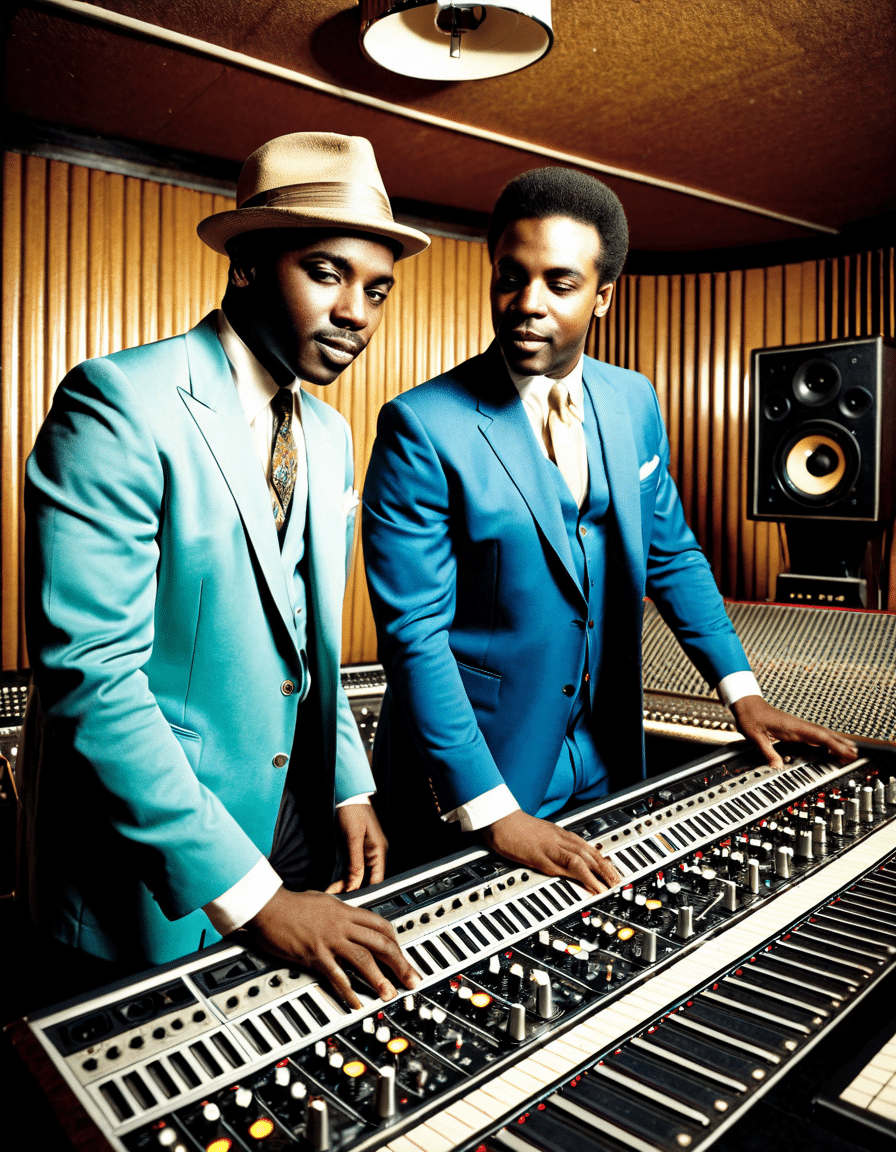
The Soulful Echoes of 2017: A Resurgence of Classic Soul
The year 2017 marked a resurgence of interest in classic soul music. As millennials began to reconnect with the genres that shaped their predecessors, artists like Leon Bridges and Anderson .Paak breathed new life into soulful melodies. By infusing traditional influences with modern sounds, they echo the essence of soul in today’s musical landscape.
This revival reverberates throughout mainstream music and illuminates the intricate relationship between past and present. Through their artistry, contemporary musicians honor the foundations laid by legends. It’s as if we are riding the soulful waves of history, reminding us that the heart of music never truly fades.
In reflecting upon the enduring legacy of these soul men, we see a narrative intertwined with struggles, triumphs, and societal change. These artists have given voice to shared experiences, inspiring generations to dream, resist, and connect. Their stories continue to shape our understanding of love, struggle, and resilience, proving that music remains a powerful unifying force.
In celebrating these iconic soul men, we don’t just pay homage; we recognize the potency of artistry. Their contributions teach us, inspire us, and remind us of the universal power of music to evoke change. As we listen to their timeless melodies, we celebrate the heart and soul of the human experience itself.

Soul Men: Trivia and Fun Facts Unveiling Their Impact
A Deep Dive into Soul Men History
Soul music blossomed in the 1960s, giving birth to iconic figures like James Brown and Otis Redding—two legendary soul men whose styles not only pushed musical boundaries but also reshaped pop culture. Interestingly, the fashion sense of these artists often included funky outfits, much like today’s funky ugly Christmas Sweaters that have made a fun comeback in recent holiday seasons. Their grooves and rhythms inspired countless artists in various genres, proving that their impact transcends the decades.
While listening to these soulful songs, have you ever wondered about the artists behind the music? Richard Simmons, known for his upbeat persona and fitness revolution, has had his fair share of fame and interesting financial facts, including his net worth and how his lively spirit embodies part of the soul movement. As soul men influenced both music and culture, many others tried to capture their zeitgeist, including actors like Reginald Veljohnson who bridged the gap between entertainment and the soulful flair of the era.
Trivia That Takes You There
Let’s not forget the memorable performances that left audiences breathless. Strutting his stuff, Jim Parsons embraced a unique vibe akin to that of soul men while revolutionizing comedy on-screen; his net worth showcases his success in branching into areas outside his signature role on “The Big Bang Theory.” The charismatic persona of soul men resonates throughout generations, influencing the way artists connect with their audiences today.
Fun fact: Many soul tracks have been covered by contemporary artists, indicating the genre’s lasting power. You might even stumble across tracks penned by songwriters like Sandra Cho, who captures the soulful essence woven through the fabric of today’s music. Or think about Liz Torres, who, though not a soul artist, has certainly left her mark on the entertainment scene—the passion of soul men can light a spark of creativity for anyone in the industry, no matter the genre.
As soul men continue to influence modern sounds, it’s clear that their legacy remains vibrant and inspiring, bridging the heartfelt themes of the past with relevant expressions of today. Soul music truly is a tapestry of emotion, innovation, and enduring charm!
